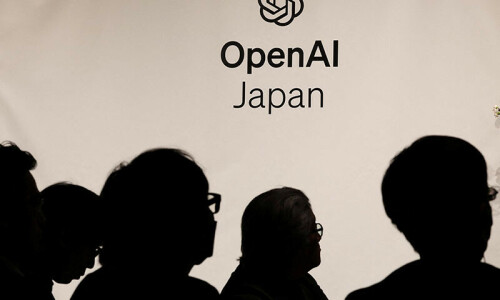THE Punjab administration has finally restored local governments in the province, even if reluctantly, to comply with a Supreme Court order. The latter had declared parts of the new provincial LG law under which local democracy was rolled back in May 2019 as ultra vires the Constitution.
Still the future tenure of existing local institutions hinges on the outcome of the petitions filed by the provincial government and the affected elected local representatives. While the government is seeking a review of the apex court’s judgement, the local representatives are looking for an extension in their terms beyond Dec 31 — when their original tenure is supposed to end — as compensation for the period they were forced to stay out of office because of the rollback of local institutions.
Meanwhile, KP has agreed to hold local polls in phases, with the first part to be completed in December. In spite of the challenges and looming uncertainty, these developments have given the people of the two provinces hope that local governments will now be allowed to function without interruption. These developments must also compel both Balochistan and Sindh to consider local elections soon in order to validate their democratic credentials.
Read more: LG elections after next census, Sindh tells ECP
Point-scoring aside, politicians consider local governments’ anathema to their hold over political power at the provincial and central levels. Previous half-hearted attempts to devolve governance to the grassroots are reflective of their aversion to sharing power with local public representatives. Bureaucracy helps them avoid transferring financial and administrative authority to the local level to protect its own vested interest regarding decision-making and resources.
This is despite the fact that the experience in many parts of the world shows that robust local democracy is crucial to efficient utilisation of state resources and effective public service delivery. Although Article 140-A of the Constitution demands that the provinces create local governments in their jurisdictions, this has not been implemented because of the controversy over the allocation of power and responsibilities among the federal, provincial and local tiers. Fears of the opposition taking over local institutions also keep ruling parties in the provinces from holding local polls.
Read more: MQM-P demands LG polls in Sindh, asks PPP not to use delaying tactics
Little wonder then that our political parties wind up existing local governments on coming to power, interrupting their perpetuity, and introducing one system after the other to suit their interests. Hence, the court ruling restoring local institutions in Punjab should go a long way in ensuring the uninterrupted continuation of grassroots democracy.
Published in Dawn, October 21st, 2021













































Dear visitor, the comments section is undergoing an overhaul and will return soon.